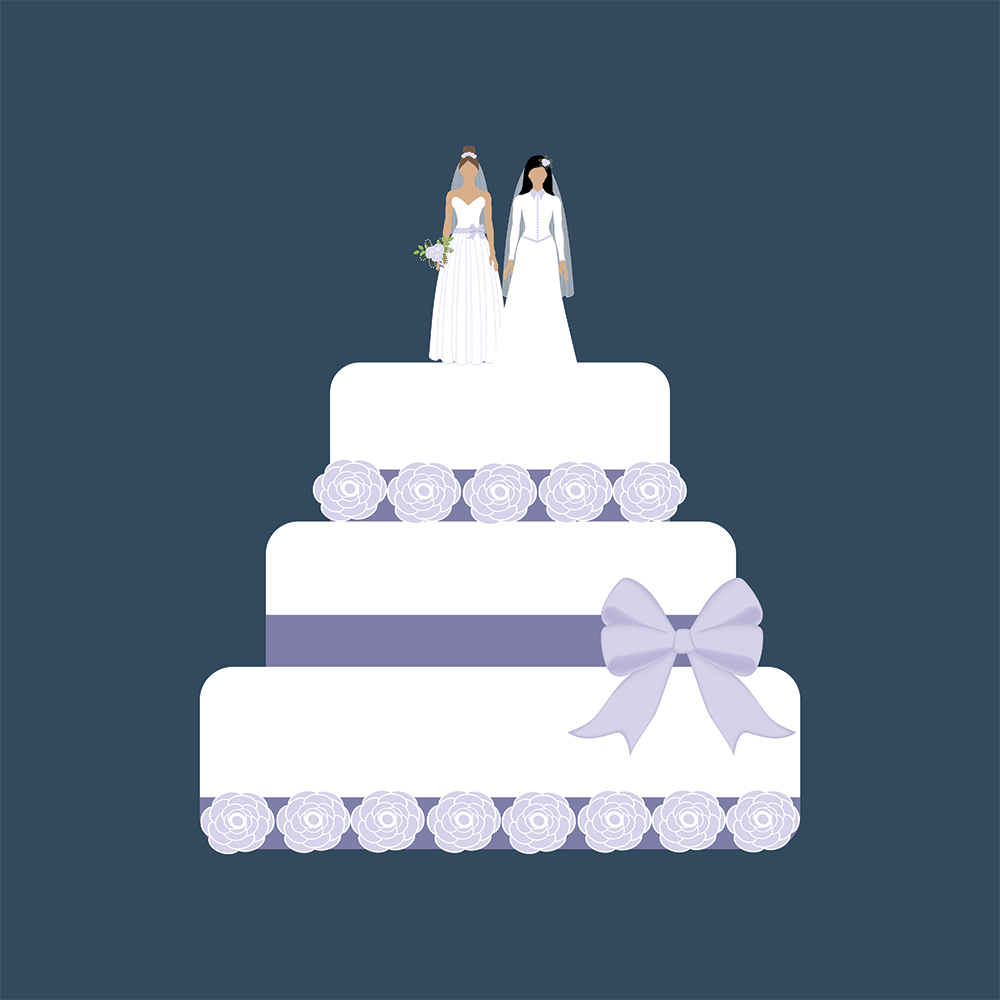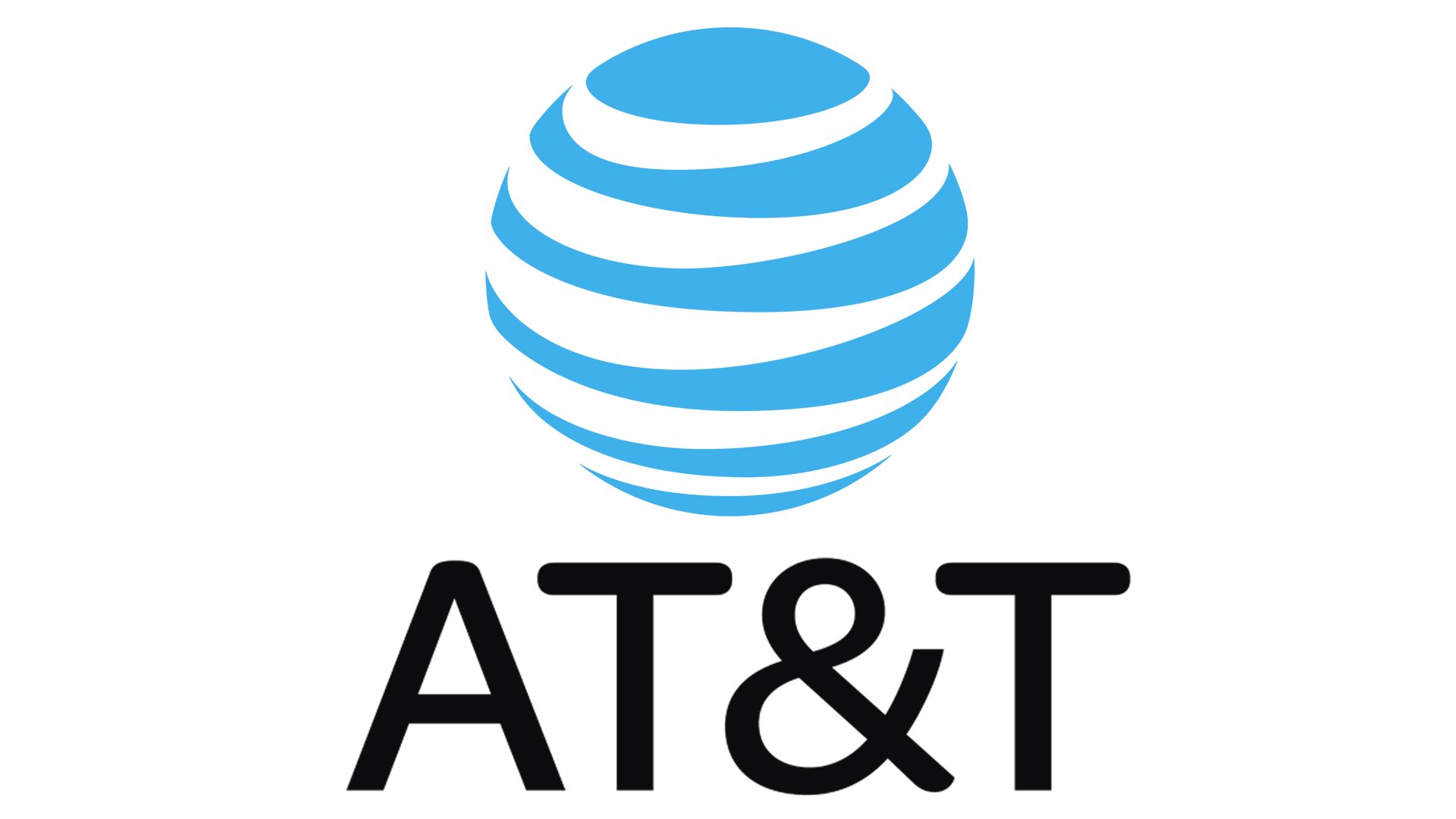Some of you might have just gotten engaged over the holidays, while some of you are fully immersed in the planning process of your upcoming wedding. Others are looking to get married at some point and are looking for a place to start visualizing what that might look like. While this is quickly changing, for a long time, queer couples have had to rely on their own imaginations, as traditional weddings do not reflect their own values and needs, and traditional wedding shows and vendors have often left them completely out of marketing materials.
An Industry Issue
Even though this is changing, thin, white, economically advantaged, and largely cis-gender norms still prevail even when gay and lesbian couples are represented, and people of color, trans people, people who can’t afford a large wedding, and those who are not considered traditionally pretty are often left out entirely. The norms within the heterosexual wedding industry are changing too, as men are becoming more involved in the planning process. So why is the wedding industry as a whole lagging so far behind, with wedding shows still counting participants in marketing materials to potential vendors as how many brides showed up, and are still holding an ideal that has never really been representative of those in the larger community?
Wedding shows as a whole largely don’t have a screening process that includes LGBTQ+ inclusion, and as a result, it is not uncommon for queer couples who attend to run into a vendor that makes them uncomfortable and isn’t welcoming. Many of the wedding shows still cling to unconscious bias that includes a higher price tag, while many queer weddings are smaller, use different traditions, and are simply not white/hetero/cis/rich. Even with vendors and companies that do claim that they are welcoming, they are sometimes just interested in what they see as a money-making opportunity, and do nothing to change what many see as a hostile industry. This is called “pinkwashing,” and is what we see when companies have rainbows all over their social media presence in June, but still have discriminatory practices and get rid of all queer representation for the other 11 months of the year.
Planning a wedding is usually very stressful regardless, and is frequently a fraught experience for those in the LGBTQ+ community. Even as the Supreme Court granted marriage equality in 2015, they have also given bigoted people hiding behind their religious beliefs the right to continue to discriminate. Right here in Dane County, in 2017, a photographer named Amy Lawson sued Dane County because she didn’t want to have to photograph queer weddings, saying that to do so would go against her religion. She did so when a heterosexual couple who had secured her as their wedding photographer found out her discriminatory views and wanted to cancel her services and spend their money elsewhere. She wanted to be able to decline those weddings but said in the suit that she was worried about breaking Dane County law, according to the Wisconsin State Journal. She has since stopped photographing weddings because of this stance.
So, what in the world is a queer couple who wants to get married supposed to do? How do we as a community navigate being ignored, misrepresented, tokenized, and left behind when we still want to throw a party and celebration that we can look back on for years to come and be proud of? How do we pressure local wedding shows and the larger wedding industry to meet the community where we are? What follows is meant to help queer individuals and couples, but is also a call to action for more traditional, heterosexual couples to challenge their vendors, like that couple did with Lawson, and to avoid spending their money with vendors who would discriminate against their queer counterparts. It is also a call to action for cis-gender members of the queer community to avoid spending their money with those who discriminate against or participate in defamatory and hateful speech against those in the trans community.
First Steps, Important Questions
The first step for couples getting married is to identify what values and traditions are important and what they want to leave behind. For example, will religion have a place in your wedding? Will your parents be participating, or will your planning have to incorporate chosen family in their stead? Do you care about first looks, traditional wedding attire, a reception that follows the traditional timeline of dinner/speeches/cake cutting/first dance/parent dances, etc.? Once you have both etched out what you want to keep and what you want to get rid of (and by the way, there is nothing wrong with having a wedding that is more traditional), it’s time to find your vendors. This is where things become a little tricky, and unfortunately, there are minefields everywhere. The important things to look for and ask are:
• Does this vendor showcase queer/non-traditional weddings in their marketing? Are there any on their website? Are there some in their social media, and if there are, are they only posted in June for Pride month? Are they queer owned?
• When searching for a vendor, you should not have to ask the question of whether someone would photograph your wedding, it should be obvious with how they put themselves out there. Find someone who will celebrate you, not someone who will just take your money.
• Do they ask you what you want in your wedding, or do they offer unsolicited advice on what you SHOULD do and want? Do they push back when you say you want something that does now follow how they think the day should go?
• When shopping for wedding attire, do they only carry smaller sizes? Do they offer alternatives, or just the standard faire? How gendered are their fitting rooms? Do they make people who might not follow the cis norm uncomfortable?
• For venues, do they have getting ready rooms that are gendered, or do they have inclusive signage that welcomes everyone? What is their bathroom situation? Will trans/non-binary guests feel welcome? Do they have seating that is size-inclusive, or will larger guests be uncomfortable?
• Does your photographer/videographer showcase couples like you? When you have your consultation, do they seem excited to realize YOUR vision? You will be spending all day with them, do they make you feel welcome?
• For hair and makeup, do they welcome your gender expression? Do they make space to really listen to what you want or will they push their own norms on you, leaving you potentially with a look the day of that is not who you are?
• Will your DJ use the correct pronouns and honorifics when introducing you? Will they choose music that helps you celebrate the day, or will they play from a standard list that does not take you and your tastes into consideration?
• Will your officiant honor your wishes and help you craft a ceremony that is reflective of who you are, and what you want, or do they have a standard script? Do they meet with you in person and get to know you? Are they welcoming of non-traditional ceremonies?
This list really could go on forever, but I hope you get the idea of what questions to ask and how to approach potential vendors. A note to keep in mind is that many vendors know each other, and your venue and photographer should be able to help you find other welcoming vendors in the area.
Don’t Settle For Anything Less
I know this process seems overwhelming, and having to worry about discrimination on top of just the regular stress of wedding planning is markedly unfair. There are places, however, to start that aren’t overly alienating and tokenizing, and even large, more traditional wedding planning sites are making changes to help the LGBTQ+ community navigate through this process. The Knot and Wedding Wire both have an option for vendors to mark themselves as queer owned, and for couples to use this as a filter to start their search.
The LGBT Chamber of Commerce has many vendors, and while membership is not a guarantee that they will be welcoming, it does mean that the vendor spent money and is willing to add themselves to a public list of welcoming vendors. Some even market in this magazine, showing that they support queer media in a meaningful way. And as more and more queer couples get married, you can rely on the community to refer you to people who made them feel welcome. It’s also worth googling before signing a contract to see if a vendor you are considering has, say, bashed trans people on social media, or if the reviews say that they made their clients feel uncomfortable.
Bottom line: Don’t be afraid to walk away; there are lots of us out there who would be so excited to celebrate with you. Don’t settle for anything less.
























0 Comments